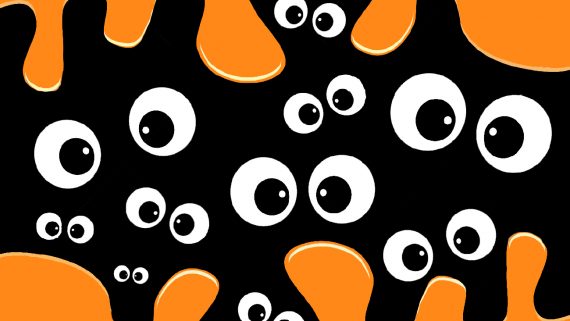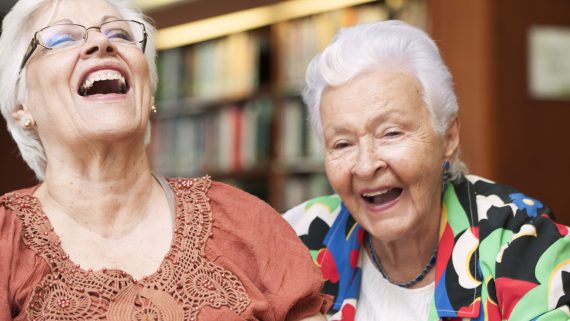 Turkey and dressing: Thanksgiving often means grazing on a table full of turkey, gravy and sides. But to keep them fresh and free from bacteria, make sure to wrap up the leftovers within two hours of serving. And don’t worry if they’re still warm; it’s all OK to go in the fridge. If stored in the fridge, make sure to eat turkey within three to four days. Casseroles and mashed potatoes are good a little bit longer, three to five days. If you need the food to last longer, put it in the freezer. Foods kept in the freezer are good indefinitely, but they tend to lose their flavor over time.
Turkey and dressing: Thanksgiving often means grazing on a table full of turkey, gravy and sides. But to keep them fresh and free from bacteria, make sure to wrap up the leftovers within two hours of serving. And don’t worry if they’re still warm; it’s all OK to go in the fridge. If stored in the fridge, make sure to eat turkey within three to four days. Casseroles and mashed potatoes are good a little bit longer, three to five days. If you need the food to last longer, put it in the freezer. Foods kept in the freezer are good indefinitely, but they tend to lose their flavor over time.
Pie: Before you head back for seconds, make sure that pumpkin pie — or any other pie with an egg-based filling — hasn’t sat out for more than two hours. If it’s been sitting there longer, it may start to grow bacteria. Instead of leaving it out on the table, loosely wrap in foil or plastic wrap and put in the fridge. It will keep for three to four days. And that goes for store-bought pies, too. Once you cut into a store-bought pie, you need to store it in the fridge
Frozen vegetables: Frozen vegetables and fruits are a great way to get farm-fresh tastes, even with foods that are out of season. But how long can they keep in the freezer? In fact, they can stay there indefinitely and still be safe to eat. But they will lose out on taste after a while. To keep veggies and fruits tasting their best, make sure to eat within a year of purchase. Once they’re cooked or defrosted, store leftovers in the fridge for three to four days.
Source: CNN
Dobson Healthcare was recognized as a Bronze Level Employer by the Michigan Veterans Affairs Agency (MVAA) at a special event in East Lansing that was attended by Governor Rick Snyder.
The MVAA recognizes employers that commit to military veteran recruitment, training and retention practices by awarding those employers Gold, Silver and Bronze level status as Veteran-Friendly Employers. MVAA’s Veteran-Friendly Employer program helps qualified organizations recruit and retain top veteran talent while providing others a road map to improve their recruitment efforts.
Pictured with Governor Rick Snyder are Jami Dobson, President (3rd from left in front row) and Jenna Schrumpf, Director of Operations (3rd from left in back row)
 Dobson Healthcare Service will be closed in recognition of Thanksgiving on November 24th, 2016. As always our on-call coordinators and on-call nurses are available to you 24/7 via 866-866-8984.
Dobson Healthcare Service will be closed in recognition of Thanksgiving on November 24th, 2016. As always our on-call coordinators and on-call nurses are available to you 24/7 via 866-866-8984.
Our offices will re-open on November 25th, 2016 for regular office hours.
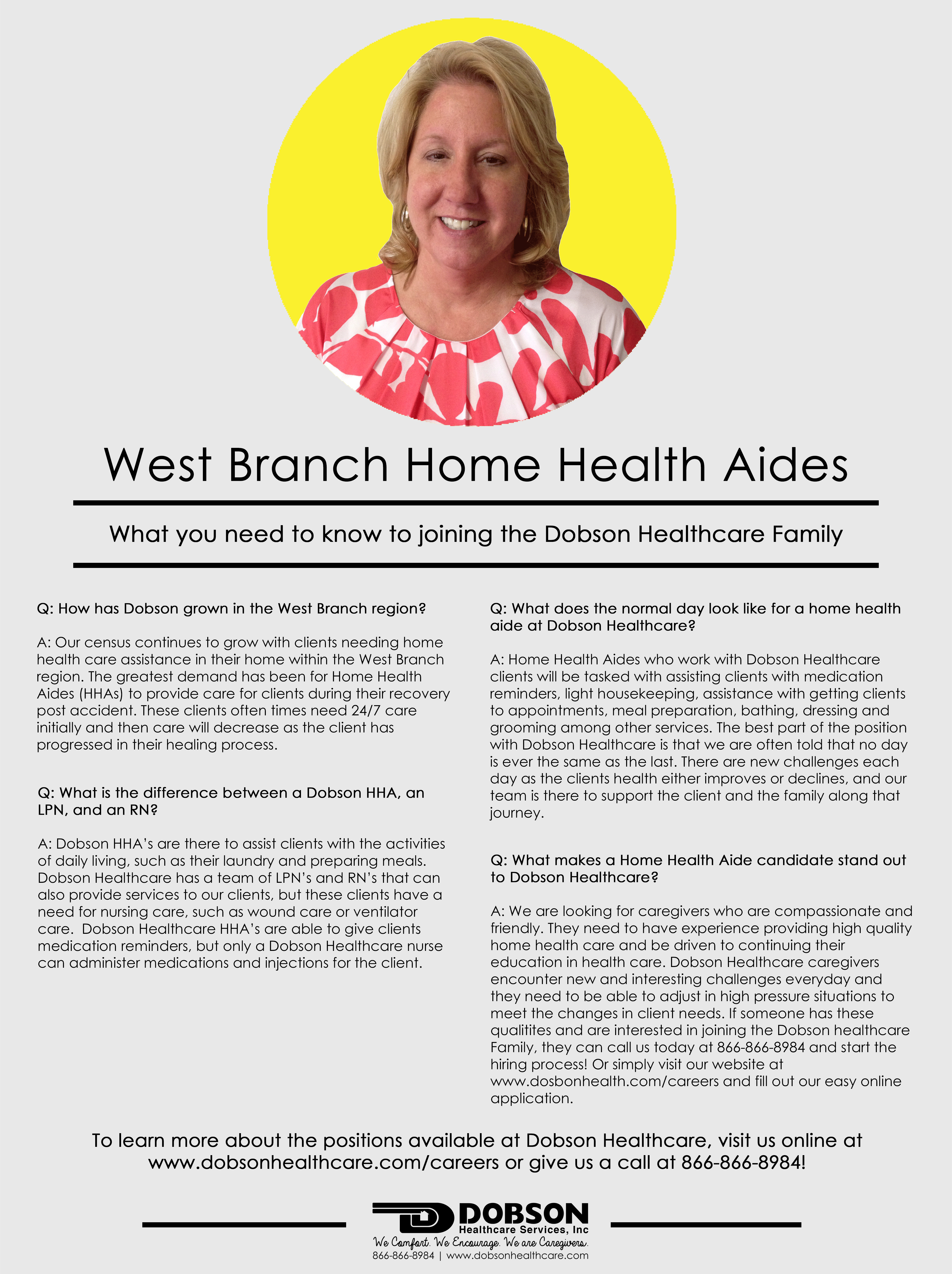

Breast Cancer Survivor
 On June 3, 2015, I received the devastating call that my breast biopsy was malignant, including lymph nodes, making it at least stage 3. I was 34 years old, and 26 weeks pregnant. I had originally thought the swelling was due to pregnancy and put off mentioning it to my doctor for months, but as it had rapidly grown in the preceding few weeks, I knew deep down it was something more.
On June 3, 2015, I received the devastating call that my breast biopsy was malignant, including lymph nodes, making it at least stage 3. I was 34 years old, and 26 weeks pregnant. I had originally thought the swelling was due to pregnancy and put off mentioning it to my doctor for months, but as it had rapidly grown in the preceding few weeks, I knew deep down it was something more.
Lesson 1: See your doctor ASAP if you think something could be wrong, and follow your instinct! My husband and I had two other daughters, ages 8 and 9 at the time, and that night all I could do was hug them and let fears flood my mind of leaving them motherless. The next few weeks were a blur. The doctors moved incredibly fast, which scared me (they made it clear this was VERY serious!), and within a week of diagnosis I was introduced to my oncologist, given a treatment plan, went through X-rays and ultrasounds to check for metastasis (couldn’t do any comprehensive body scans due to pregnancy), had a port surgically placed in my chest, and completed my first round of chemotherapy. As I finished out my pregnancy that summer while going through chemotherapy every 3 weeks, I was overwhelmed with love and support from my coworkers, friends, family, and neighbors. In a heartbeat I had realized how short life can be and how precious love and friendships are.
Lesson 2: Accept help from others! This is no time to pretend you can do this alone! Meals, offers to babysit, flowers and cards of encouragement were so helpful and uplifting. I also had two women who had been through breast cancer swoop into my life and take me under their wing, giving me advice, telling me what to expect, shopping for wigs with me, and generally holding my hand in every new stage of treatment. I could not have gotten through it without them.
Lesson 3: Find someone who has been through this and can “mentor” you! Throughout my treatment, my Bible and my relationship with God gave me a strong sense of peace and took away my worry. A few weeks into treatment, I found a Bible verse that spoke to me. James 5:14-15: “Is any one of you sick? He should call the elders of the church to pray over him and anoint him with oil in the name of the Lord. And the prayer offered in faith will make the sick person well; the Lord will raise him up.” So that is just what I did, and I trusted God would make me well.
Lesson 4: Trust in God!!! My beautiful baby was induced and born on August 18, 2015 at 35 weeks. She was a little small (5 lbs 15 oz) but healthy and perfect! We went home the next day, and I was able to now start more intensive chemotherapy for the next 12 weeks. I finished around Thanksgiving and scheduled my bilateral mastectomy with immediate reconstruction in early January. I had never had a major surgery in my life, but all went well and I recovered quickly. Again, I accepted help with the baby from my mom and mother-in-law, since I was not able to lift her for a few weeks. In March and April of 2016 I underwent 28 days of radiation, and I am currently still receiving Herceptin intravenously every 3 weeks until September, when I will be FINISHED with all treatments!
In a weird way I am thankful for this experience. It has made me a stronger person, and a better person, and I now have a strong sense of what matters in life. The most important and final lesson is: Don’t give up hope, and choose to have a positive attitude. I have witnessed many loved ones drag painfully through cancer treatment and others bounce through with flying colors, and the difference always seems to be in their attitude!
This Breast Cancer Story was originally posted on the Susan G. Komen Breast Cancer Foundation, Inc. website.
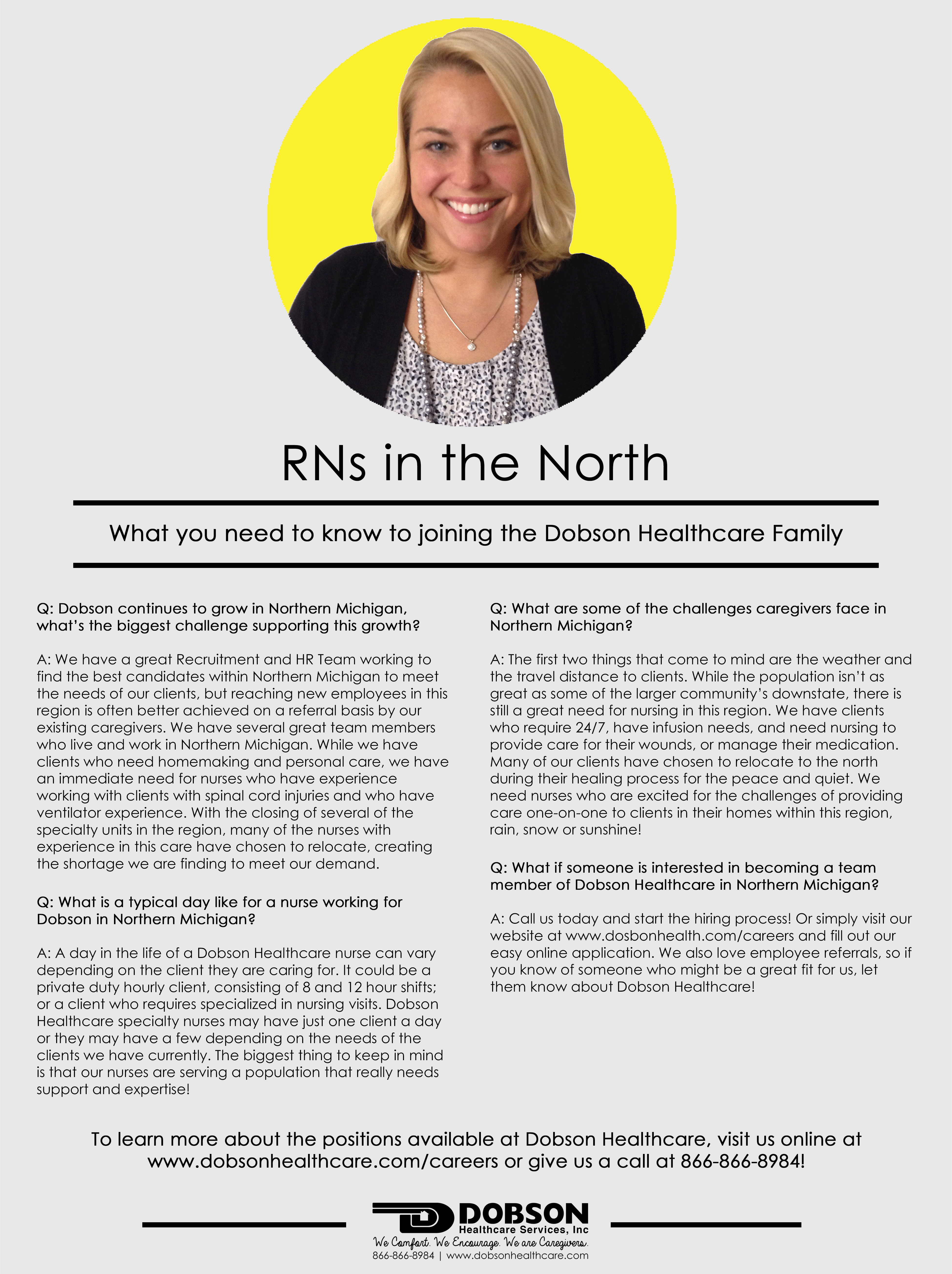
In her presentation to the Senate Caucus on International Narcotics Control, Nora D. Volkow, M.D. declared, “To address the complex problem of prescription opioid and heroin abuse in this country, we must recognize and consider the special character of this phenomenon, for we are asked not only to confront the negative and growing impact of opioid abuse on health and mortality, but also to preserve the fundamental role played by prescription opioid pain relievers in healing and reducing human suffering.”
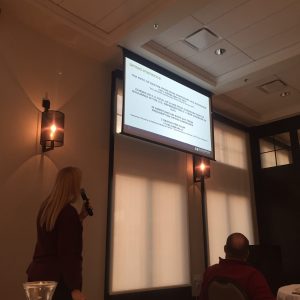
Opioids are a class of prescription medication taken to relieve pain. Because of their ability to alleviate pain and, in some cases, cause a euphoric response, many individuals have become physically dependent and/or addicted to the prescription drugs. Members of the Dobson Healthcare team attended the Grand Rapids Adjusters Association (GRAA) meeting this week to learn more about the Opioid Epidemic that is striking many of our chronic pain clients. Pain is considered “chronic” after 90 days or more usage of opioids under a physicians watch. This is a hot topic with auto insurance adjusters as well as Workers Compensation case managers. Recently, the State of Michigan has introduced the Michigan Automated Prescription System (MAPS) system; a program to better manage these clients and find ways to meet their pain management needs without causing more health issues for them or, for some, resulting in death. By the State of Michigan working with physicians, dentists, pharmacists, nurse practitioners, and other healthcare industry leaders, we can assist in the prevention of prescription drug abuse and end the opioid epidemic.
To learn more about MAPS and the Workers Compensation Agency’s involvement, please visit www.michigan.gov/wca.
Department of Licensing and Regulatory Affairs. (n.d.). Michigan Automated Prescription System (MAPS). Retrieved October 05, 2016.
National Institute on Drug Abuse. (n.d.). How do opioids affect the brain and body? Retrieved October 05, 2016.
Volkow M.D., N. D. (2014). America’s Addiction to Opioids: Heroin and Prescription Drug Abuse. National Institute on Drug Abuse. Retrieved October 05, 2016.
6 Reasons Why Laughter Is the Best Medicine
Have you ever been in a tense or difficult situation when you suddenly burst into a fit of giggles? Or feel a release or rejuvenated after watching a side-splittingly funny movie?
It turns out there’s some scientific veracity behind the old adage “laughter is the best medicine.”
“Laughter activates the body’s natural relaxation response. It’s like internal jogging, providing a good massage to all internal organs while also toning abdominal muscles,” says Dr. Gulshan Sethi, head of cardiothoracic surgery at the Tucson Medical Center and faculty at the University of Arizona’s Center for Integrative Medicine.
Perhaps that’s why Deepak Chopra says the healthiest response to life is laughter.
Studies have found that laughter can have healing properties; and it’s contagious. Here are six reasons why you should start laughing today.
Laughter is Contagious
The discovery of mirror neurons—what causes you to smile when someone smiles at you—gives credence to the belief that laughter is contagious.
When you’re feeling down finding friends to laugh with can help your brain trigger its own laughter response and foster closeness, both of which contribute to your sense of well-being. Why do you think that sense of humor is such an important trait when looking for a partner? We like the feeling of shared laughter and our body wants as much of this feeling as possible.
Laughter Reduces the Stress Response
When you laugh there’s a contraction of muscles, which increases blood flow and oxygenation. This stimulates the heart and lungs and triggers the release of endorphins that help you to feel more relaxed both physically and emotionally.
Laughter Boosts Immunity
According to one study done at Indiana State School of nursing, mirthful laughter may increase natural killer cell levels, a type of white blood cell that attacks cancer cells.
Laughter Increases Resilience
Resilience is the ability to see failure as natural progression to success rather than as a negative outcome.People who are resilient are happier and more successful.
The ability to acknowledge mistakes without becoming angry or frustrated plays an important role in developing resilience. Laughing at mistakes allows us to recognize that making errors is a part of being human.
Laughter Combats Depression
Studies support laughter as a great way to get outside the downward spiral to depression. Being unhappy can become a pattern or mindset if we don’t step outside of ourselves occasionally. By being a witness to our situation rather than allowing ourselves to feel the victim we can find the humor in it and see with fresh eyes. Even forced laughter releases a cocktail of hormones, neuropeptides, and dopamine that can start to improve your mood.
Laughter Relieves Pain
People who are laughing don’t experience less pain, however they report being less bothered by the pain they do experience. It’s not about changing pain levels. The amount of pain remains the same, but your perceived pain levels reduce and your belief that you can cope increases. Laughter by itself isn’t the solution but it can help a person overcome discomfort.
Quick Hacks to Bring More Laughter Into Your Life
- Make humor a priority by reading a funny book, watching a comedy, or listening to your favorite comedian.
- Share laughter with friends. Spend more time with people who have fun.
- Practice laughter yoga, which Dr. Sethi practices and teaches on occasion.
- Remember that life is funny. The ability to laugh at yourself makes you attractive to others and can help relieve your own stress. Focus on finding the laughable moments in your day, and then tell a friend your funny story as a way to increase the power of laughter by sharing.
- Know what isn’t funny. Laughing at the expense of others isn’t funny. Be discerning about your humor by laughing with—not at—people.
Your ability to laugh can be cultivated with practice so start by prioritizing fun. Find occasion to be silly. Remember laughter, like smiling, is never depleted when you share it.
This article was previously published by The Chopra Center.
According to the American Cancer Society, “Breast cancer starts when cells in the breast begin to grow out of control. These cells usually form a tumor that can often be seen on an x-ray or felt as a lump. The tumor is malignant (cancerous) if the cells can grow into (invade) surrounding tissues or spread (metastasize) to distant areas of the body.” What else should you know about breast cancer?
- One in eight women in the United States will be diagnosed with breast cancer in her lifetime.
- Breast cancer is the most commonly diagnosed cancer in women.
- Breast cancer is the second leading cause of cancer death among women.
- Each year it is estimated that over 246,660 women in the United States will be diagnosed with breast cancer and more than 40,000 will die.
- Although breast cancer in men is rare, an estimated 2,600 men will be diagnosed with breast cancer and approximately 440 will die each year.
- On average, every 2 minutes a woman is diagnosed with breast cancer and 1 woman will die of breast cancer every 13 minutes.
- Over 2.8 million breast cancer survivors are alive in the United States today.
The statistics stated above were reported by the National Breast Cancer Foundation, Inc (NBCF). To learn more about breast cancer, we encourage you to visit the NBCF FAQs page.



